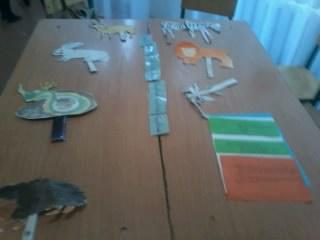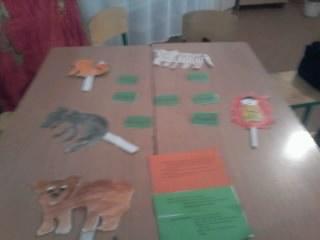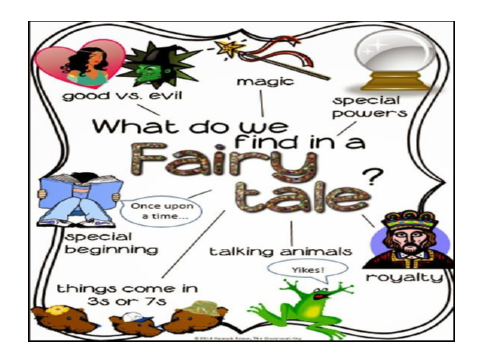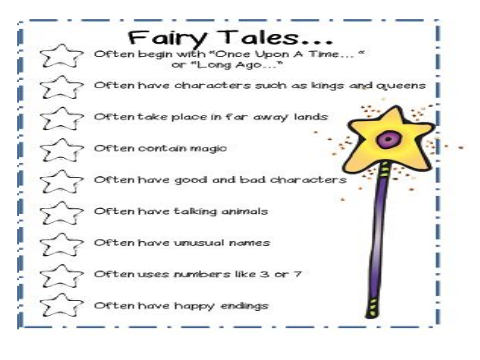Demonstrative lesson for 6th grade students, topic "Do you like fairy tales?", including Past Continuous Tense.
Создайте Ваш сайт учителя Видеоуроки Олимпиады Вебинары для учителей
Demo lesson "Do you like fairy tales?"
Вы уже знаете о суперспособностях современного учителя?
Тратить минимум сил на подготовку и проведение уроков.
Быстро и объективно проверять знания учащихся.
Сделать изучение нового материала максимально понятным.
Избавить себя от подбора заданий и их проверки после уроков.
Наладить дисциплину на своих уроках.
Получить возможность работать творчески.
Просмотр содержимого документа
«Demo lesson "Do you like fairy tales?"»
Полезное для учителя
Распродажа видеоуроков!
1860 руб.
2660 руб.
2160 руб.
3080 руб.
1770 руб.
2530 руб.
1880 руб.
2690 руб.
ПОЛУЧИТЕ СВИДЕТЕЛЬСТВО МГНОВЕННО
* Свидетельство о публикации выдается БЕСПЛАТНО, СРАЗУ же после добавления Вами Вашей работы на сайт
Удобный поиск материалов для учителей
Проверка свидетельства

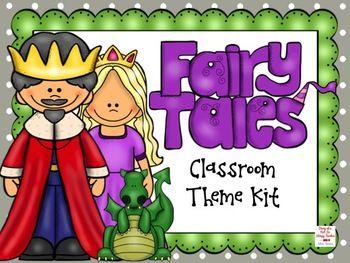
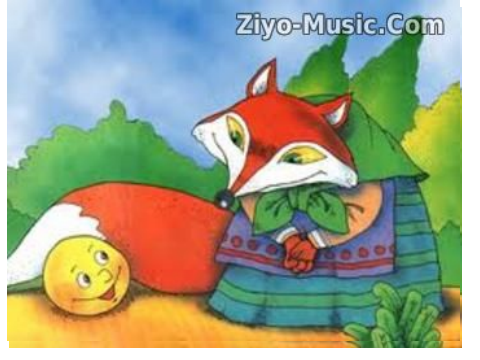



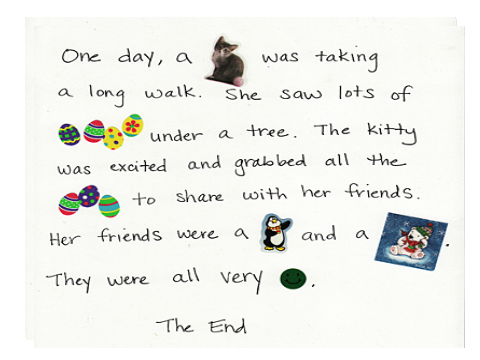
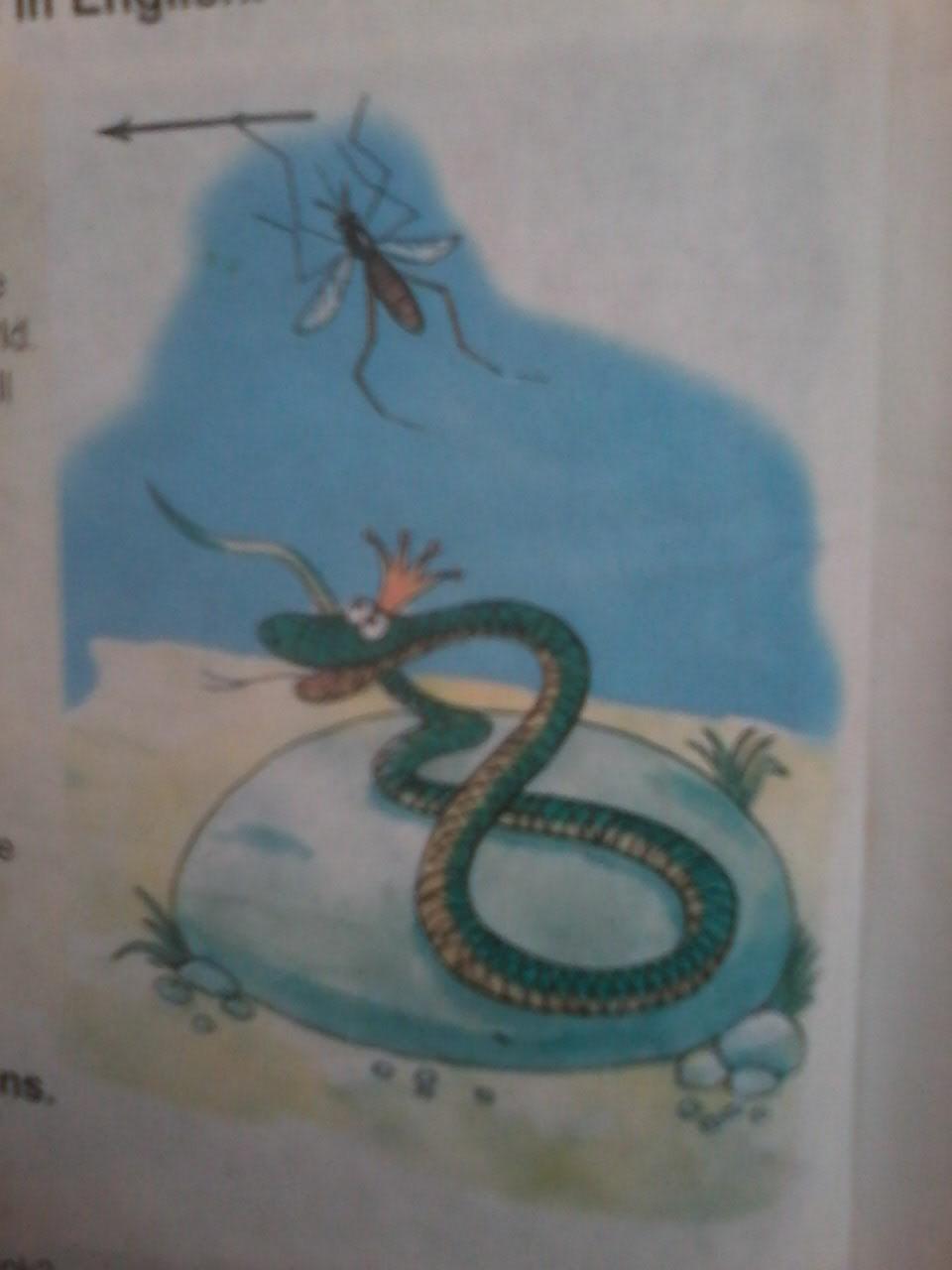 What do you think the story is about?
What do you think the story is about?

